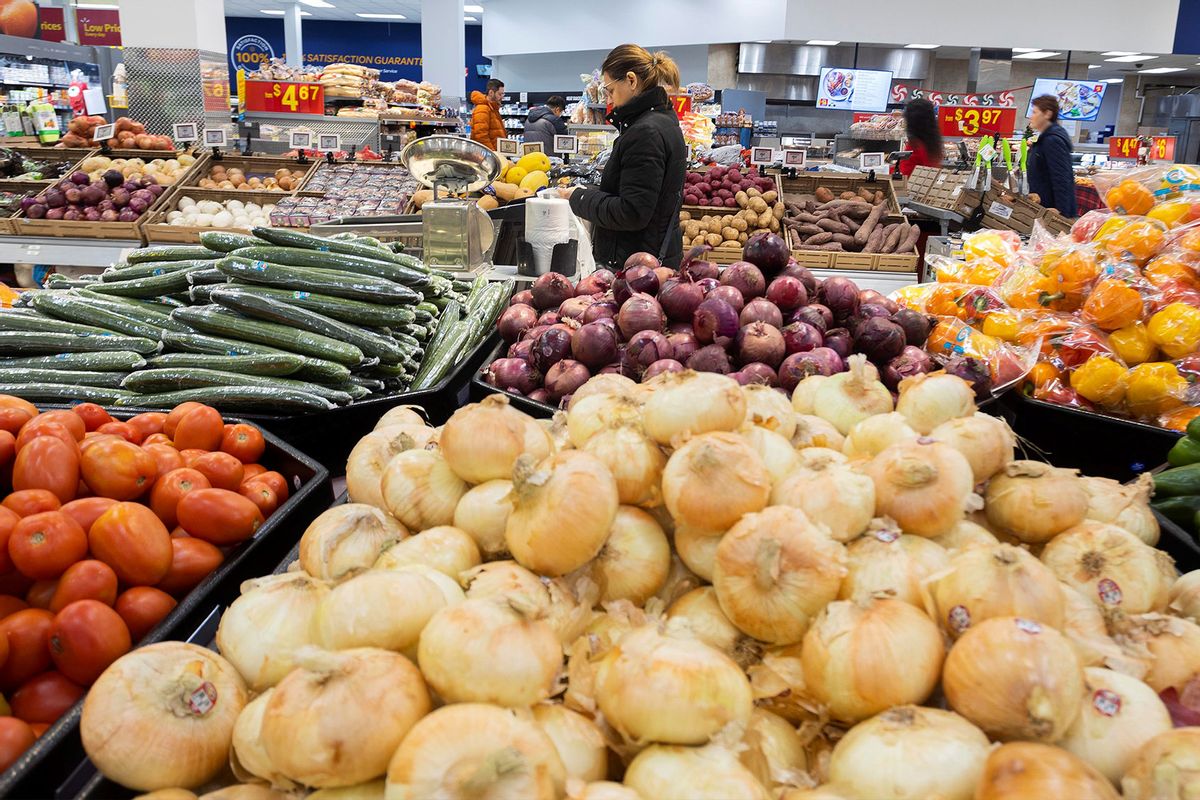A new study from the University of California San Diego's Rady School of Management found that dynamic food pricing could help keep more perishable items out of landfills, reducing food waste by 21% or more.
The practice encourages retailers to establish a system that determines when grocery stores should reduce the price of perishables depending on their inventory and expiration date. This allows grocers to change the price of food throughout the day — instead of maintaining a fixed, daily price — beginning from when foods arrive on the shelf until they expire.
More than 10% of food waste comes from grocery retailers that throw out surplus perishables past their expiration date. The study showed that grocers are more inclined to produce high amounts of waste because it's profitable to do so. In fact, "when gross profit margins are higher, the retailer stocks its shelves more fully to make sure it doesn't miss out sales, but as a result, waste increases." However, such high amounts of food waste also lead to several environmental consequences. When organic wastes decompose, they release methane, a potent greenhouse gas. Collectively, global food waste releases up to 10% of worldwide annual greenhouse gas emissions, which in turn intensifies global warming and climate change.
"Oddly enough, fewer than 25% of U.S. grocery retailers offer any kind of dynamic pricing at all, while most hotels and airlines will discount rooms and seats when they have a surplus," said Robert Sanders, an author of the study and assistant professor of marketing and analytics at the Rady School. "However, this research shows that the increased price flexibility of discounting food that is about to expire significantly reduces food waste and increases profit margins among retailers."
Sanders found that dynamic pricing, on average, reduces waste by 21% while increasing grocery chain's gross margins by 3%. It's also more effective than a strict organic waste ban (which reduces waste by only 4%) and makes perishables more affordable for and accessible to consumers.
"If regulators want to directly reduce grocery-store waste, they should incentivize grocery chains to adopt dynamic pricing over imposing organic waste bans or waste taxes," Sanders added. "It is also a market-based solution that the retailer's themselves could implement."
Want more great food writing and recipes? Subscribe to Salon Food's newsletter, The Bite.
Although grocers are now being encouraged to implement more dynamic food pricing, the practice itself isn't anything new. Just take a look at salvage grocery stores, which exist to help cut food costs and reduce food waste. These stores are essentially "a kind of discount retail store that offers food products that traditional grocery stores are unwilling (or unable) to sell," per Taste of Home. Shoppers can find products that are near or past their expiration dates along with out-of-season products, overstocked items and imperfect produce, baked goods and meat.
Dynamic food pricing certainly isn't the sole solution for battling the ongoing climate crisis, but it's a step in the right direction. "Of course, waste bans could still be helpful if businesses comply and divert waste from the landfills, but the best and first thing to do is reduce the overall amount of waste generated to begin with," Sanders said. "Dynamic pricing would likely lead to much larger reductions in retailer food waste."



Shares